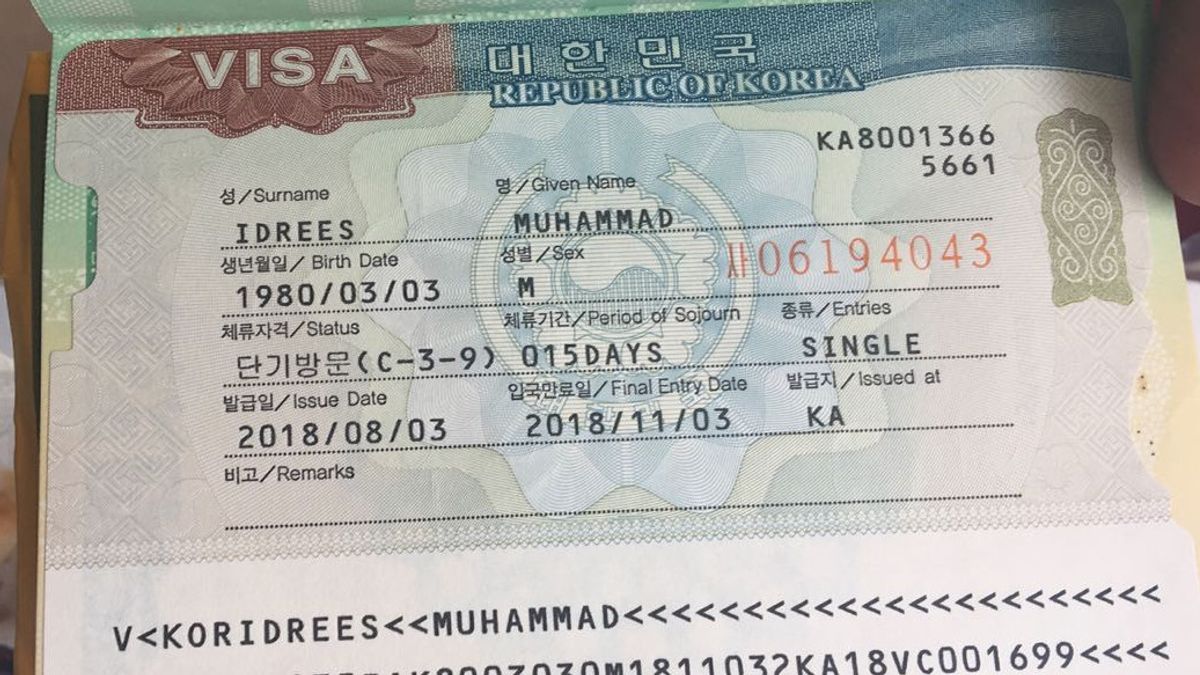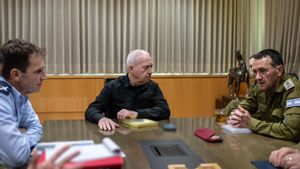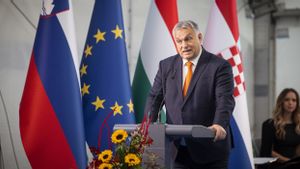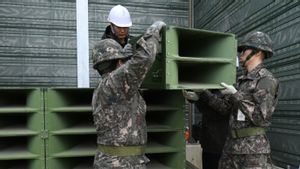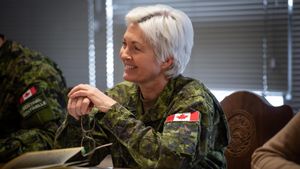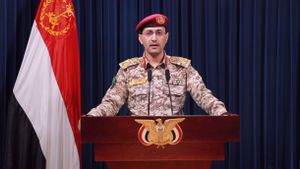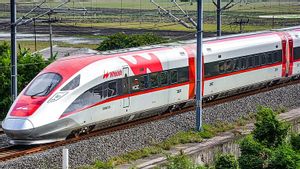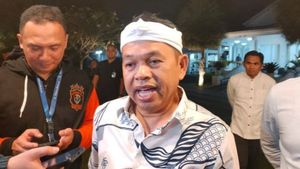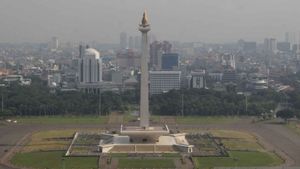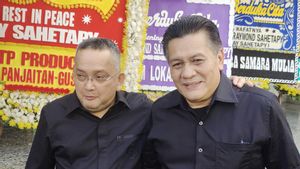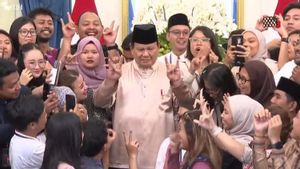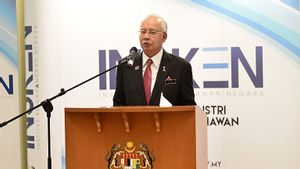JAKARTA - The South Korean government will relax visa requirements for foreign researchers, as part of efforts to attract more talent in science.
The Ministry of Justice said earlier this month it would relax requirements for the D-2-5, types of visas issued to researchers at universities, as well as for the E-3, visas for people invited by public or private institutions to be "involved in natural science or in research and development of high technology."
Visa D-2-5 has so far only been issued to researchers with postgraduate degrees or undergraduate students invited by one of the few schools specializing in science, such as KAIST or UNIST, reported by The Korea Times July 10.
The ministry said the number of schools allowed to invite undergraduate students from abroad will increase, saying those included in the top 200 Times Higher Education World University Rankings or QS World University Rankings top 500 will soon be able to take advantage of the visa.
Thanks to the policy change, foreign researchers without postgraduate degrees will be allowed to study in several other schools here, including Seoul National University, Yonsei University, Sunggrikkwan University, and the University of Korea, according to the latest rankings.
Previously, at least three years of work experience was required for E-3 visa candidates who did not have a doctorate. The ministry says the experience will not be necessary for those who have obtained a master's degree from one of the high-ranking universities or those who have participated in the publication of influential academic papers.
"It's not easy to recruit great foreign professors or students to Korea due to institutional shortages such as visas," said Kim V Narry, professor of biological science at Seoul National University (SNU) and first Korean member of the British Royal Society., quoted from University World News
Meanwhile, doctoral researcher at the Faculty of Engineering, University of Korea Lee Soo-hyuk said he agreed with the Justice Ministry's policy directives to allow foreign researchers to interact more freely with their Korean counterparts.
"Interesting talented foreign researchers can significantly expand the country's R&D capabilities and provide new and special expertise that is not easily available within domestic academics. Despite the world-class level of Korean technology, I often think that the lack of exchange and diverse communications hinders further development," he explained.
SEE ALSO:
It is known that the South Korean government has continued to expand support for visas and homes for foreign talents who excel in science and technology, as well as providing foreign researchers with more access to government R&D funds, by announcing last year that foreign researchers would be placed on a more equivalent base to domestic researchers in applying for funds.
At a cabinet meeting on June 20, Prime Minister Han Duck-soo delivered plans for coherent foreign worker management, including easing visa and residential requirements for leading and skilled foreign researchers in the forward industry.
The English, Chinese, Japanese, Arabic, and French versions are automatically generated by the AI. So there may still be inaccuracies in translating, please always see Indonesian as our main language. (system supported by DigitalSiber.id)
